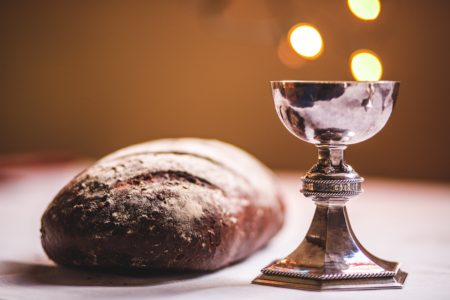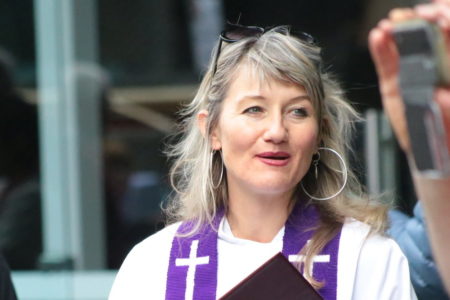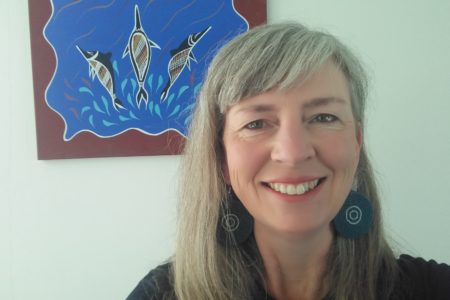By Rev Ajub Jahja
There are three realities of life we cannot avoid: life is uncertain, it doesn’t always go to plan and it isn’t always fair.
Let’s begin with the first reality – we don’t know what will happen in the future. We can predict the weather, even economic fluctuations, but not our day-to-day lives. As we are currently being reminded, a perfectly healthy person can suddenly fall seriously ill.
Four or five months ago we would never have imagined the world would be in this condition. When Wuhan was hit with COVID-19, there was no global panic because most people simply thought it would be contained to China.
As it turned out, the virus has spread to every corner of the globe. Many have lost their loved ones, many have lost their jobs, many have had to self-isolate and remove themselves from their communities and many more continue to live in a state of anxiety.
The pandemic is proof positive that life doesn’t always go according to plan. Recently, a fellow minister was studying in Melbourne when he heard his father in Jakarta was suspected of having contracted Coronavirus. The man returned to Jakarta only to discover his father could not be treated. Not only was he unable to be by his father’s side as he died, he wasn’t able to hug his father’s body.
And that highlights how life isn’t always fair. Health workers, for example, are dying as they try to treat infected patients. These realities can make us feel anxious and lose hope, but we should remember what Jesus’s disciples experienced. For three years they followed Him in the hope He would restore Israel, drive out Roman invaders, and elevate their ranks from simple fishermen to people in the eyes of society.
But what was their reality? Jesus brought them to the cross and said: “Do not let your heart be troubled; you believe in God, believe also in Me.” He said this not just to comfort and strengthen the faith of His disciples, but to affirm that although the cross looks bleak they should not be discouraged because it is all in God’s control.
This message is worth remembering now. Our current situation could trigger other crises – economic, political and social – and we don’t know how any of them will play out. But it’s important that we remember that, whatever happens, we should not get anxious and instead place our trust in God.
But what does trusting yourself to God look like in practice? It is not about being passive and doing nothing. We need to give our best. No matter how great a problem we face, as long as we keep trying, it will always be possible for us to find a way out. If we give up, then the way will be closed for us.
Entrusting yourself to God does not mean neglecting your mind as if the most important thing is only to believe. Faith is important, but so is reason and common sense. In our current situation this means maintaining our health, strengthening our body’s immunity and adhering to social distancing guidelines.
So what then is the function of faith? Faith allows us to do all that we must do without panic. God does not promise a smooth and comfortable life, but He does promise guidance and providence; even in the midst of storms.
God does not promise we will always be healthy and prosperous but He assures us that whoever entrusts his life to Him will not be disappointed.
God did not promise life without mourning, but He did promise to replace rain with a rainbow.
Rev Ajub Jahja is minister at St Andrew’s Gardiner Uniting Church





